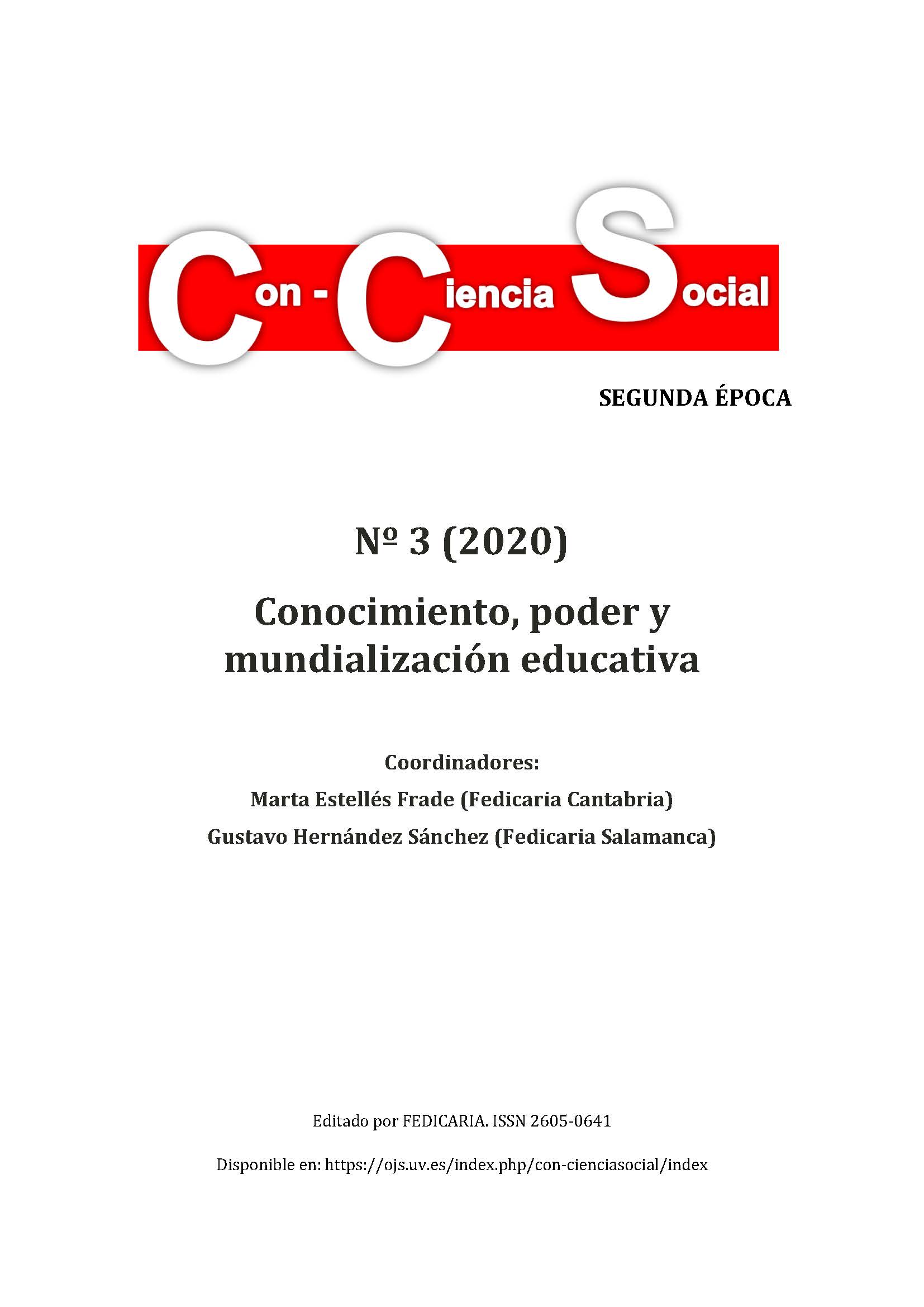Privatized science in Latin America
DOI:
https://doi.org/10.7203/con-cienciasocial.3.16790Keywords:
commodification, privatized science blind knowledge transfer, research agendas, editorial oligopolies, Latin America Abstract
Abstract
In regions such as Latin America, the commodification of science involves its subordination to the production of innovations at the global level that reinforce current power structures and the dependent place of the region. To account for these specificities, the article introduces the concept of privatized science. It is understood as science that, by copying exogenous agendas and priorities alien to the context of knowledge creation and social needs (and even if its results are public), benefits the accumulation of private profits without any revenue being left for the institutions producing that knowledge, nor therefore for their countries of origin. The article shows concrete dimensions of privatized science, namely: blind transfer of knowledge, the orientation of the research agendas to the priorities of foreign companies or international organizations, and/or to mainstream international agenda, and the relevance of the international editorial oligopoly. These dimensions penetrate deeply into the region given that papers published in peer-review international journals are the privileged evaluation criteria. Thus, this article ends by suggesting alternative indicators for the evaluation of public science and technology research.
 Downloads
Downloads
Downloads
Published
How to Cite
-
Abstract708
-
PDF (Español)377
Issue
Section
License
![]()
Los contenidos de Con-ciencia Social están protegidos por una licencia Creative Commons del tipo Reconocimiento-NoComercial-CompartirIgual 3.0 Unported.



